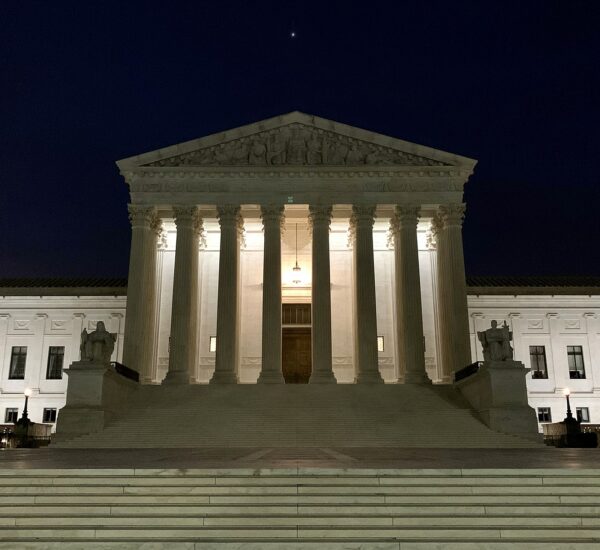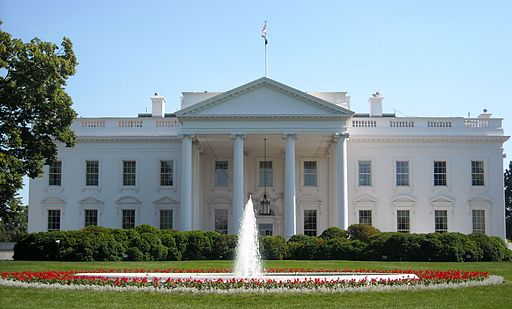Behind the Poll
There are many broken elements to the United States’ political system, but it does not mean the system as a whole is broken. For example, campaign finance laws allow for wealthy individuals and corporations to have an outsized influence on elections. The Electoral College means that candidates can win the popular vote but lose the election. Gerrymandering allows for politicians to draw voting districts in a way that benefits their party. And the filibuster in the Senate can allow a minority of legislators to block legislation from passing.
Arguments can be made that these broken elements make it difficult for the government to function properly and represent the people fairly. For example, when wealthy donors have too much influence, politicians may be more responsive to their interests rather than the needs of the general public. If a candidate wins the popular vote but loses the election, it could undermined the legitimacy of the government. Gerrymandering can lead to decreased competition and make it harder for new voices to be heard. And the filibuster can allow a small group of legislators to effectively grind the government to a halt.
Ultimately, it is up to the people to decide whether they think the United States political system is broken. While there are certainly some broken elements, there are also many aspects of the system that work well. It is important to consider both sides of the argument before coming to a conclusion.



